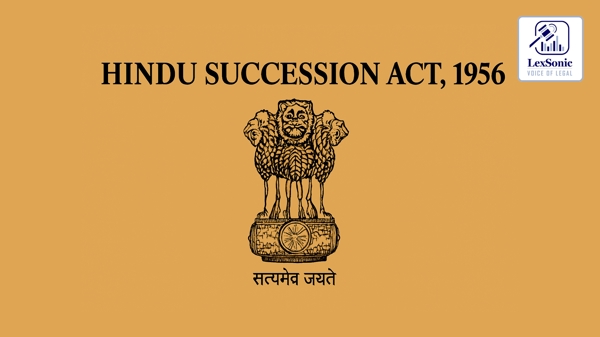Revocation of Letters of Administration: Court Upholds Compliance Failures in Citation Process.
21 February 2024
Hindu Succession Act >> Inheritance
In a recent legal ruling of Lata Rajesh Shetty Latha Rajesh Shetty v/s Satish Surappa Poojari, the High Court dealt with the revocation of the Letters of Administration granted on 17th May, 2023, in a testamentary petition concerning the estate of a deceased individual. The petitioner, who sought the revocation, claimed that the process leading to the grant of Letters of Administration was flawed, specifically citing violations of procedural rules under the Bombay High Court (Original Side) Rules, 1980.
Background:
The case began when the respondent, the original petitioner in Testamentary Petition No. 534 of 2022, filed for the grant of Letters of Administration with the Will annexed. The will in question was dated 4th December, 2018, and the respondent, claiming to be a beneficiary, sought the court’s approval. The petitioner in the revocation case, however, argued that she, too, was a beneficiary under the will. She was related to the deceased through her husband, which made her a legal heir under the Hindu Succession Act.

Despite the petitioner being listed as a surviving heir in the testamentary petition, the respondent stated that the whereabouts of the petitioner were unknown, which led to the publication of a citation in local newspapers. The issue raised by the petitioner was that proper efforts were not made to personally serve the citation, as required by Rule 399 of the Bombay High Court Rules. Instead, the respondent bypassed personal service by directly opting for a newspaper publication.
Legal Issues Raised:
The petitioner sought to invoke Section 263 of the Indian Succession Act, 1925, which allows for the revocation of a grant made under the Act for “just cause.” The petitioner specifically relied on Explanations (a) and (b) to argue that the grant was either defective in substance or obtained through fraudulent means, such as making false suggestions to the court.
According to the petitioner, the respondent's claim that the petitioner’s whereabouts were unknown was insufficient and led to a breach of the mandatory procedure outlined in the Bombay High Court Rules. The petitioner’s counsel contended that Rule 399 required personal service of the citation, and only if such service was not possible could publication in local newspapers (under Rule 400) be pursued. The respondent, however, claimed that it was impossible to serve the citation personally because of the petitioner’s unknown whereabouts, and thus, the publication method was legally sufficient.
Court’s Analysis and Decision:
The court, after examining the facts, found merit in the petitioner’s claims. It noted that the respondent failed to provide even the last known address of the petitioner, which is crucial in determining the appropriate local newspapers for citation publication. The court emphasized that Rule 399 mandates personal service when possible, and only in cases where personal service cannot be effected should publication via Rule 400 be considered.
In this case, the court observed that by simply stating that the petitioner’s whereabouts were unknown without making any real attempt to locate the last known address, the respondent had failed to comply with the procedural rules. The court further concluded that the statement made by the respondent—that the whereabouts of the petitioner were unknown—was a “false suggestion” and that this could justify revoking the grant under Explanation (b) of Section 263 of the Succession Act.
The court ruled that the failure to serve the citation in the proper manner and the false suggestion made about the petitioner’s whereabouts warranted the revocation of the grant of Letters of Administration.
Consequences of the Decision:
As a result of this decision, the Letters of Administration granted to the respondent were revoked. The court directed that the testamentary petition for the grant of administration should be pursued by the respondent, with the petitioner entitled to raise any further legal steps available to her in the matter.
The court’s judgment also reinforces the importance of adhering to procedural rules in testamentary matters, specifically regarding the service of citations. Legal heirs must be properly notified, and a valid attempt to personally serve citations must be made before resorting to publication, ensuring transparency and fairness in the distribution of a deceased’s estate.
Conclusion:
This ruling serves as a reminder that the legal processes surrounding the grant of probate or Letters of Administration must be meticulously followed. The failure to do so can result in serious consequences, including the revocation of grants, as demonstrated in this case. Legal heirs and those seeking to administer estates must ensure compliance with all relevant procedural requirements to avoid challenges to their claims.
